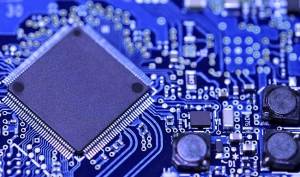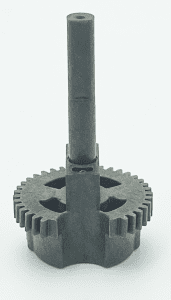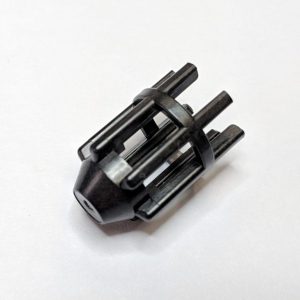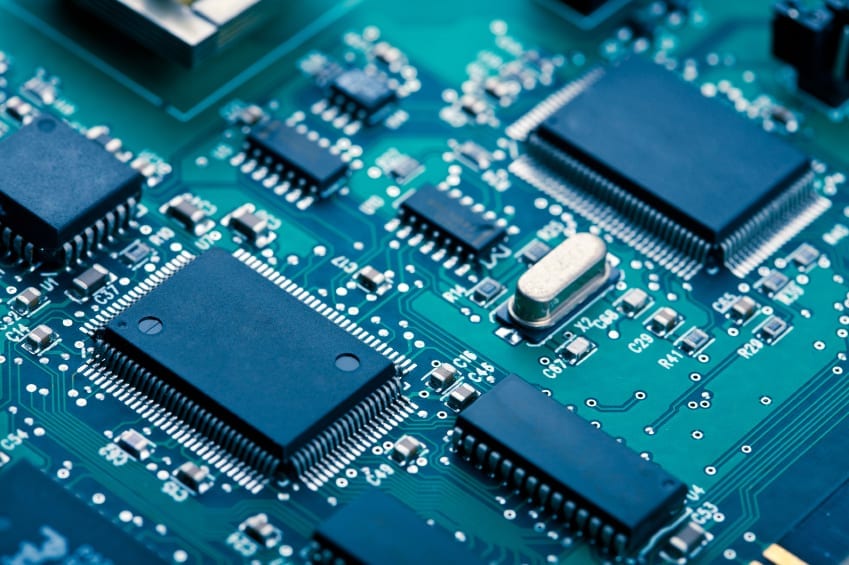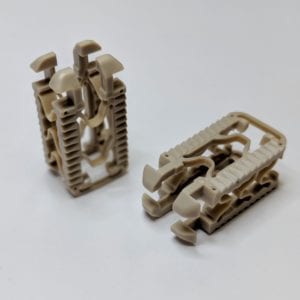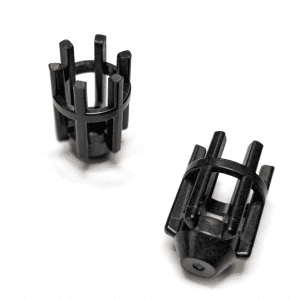
Thermoplastic Injection Molded PEEK Medical Device
High-performance polymers have gained significant attention in the field of medical devices due to their unique properties and advantages. These materials offer a compelling alternative to traditional materials like metals and ceramics in various medical applications. Here are some reasons why high-performance polymers are a great alternative for medical devices:
- Biocompatibility: High-performance polymers, such as PEEK, FEP, PFA, and PPSU, are inherently biocompatible. They do not trigger adverse immune responses or toxicity when in contact with biological tissues, making them suitable for implants and other medical devices that interact with the human body.
- Lightweight: Polymers are generally lighter than metals, making them ideal for applications where weight reduction is critical, such as orthopedic implants and prosthetics. Lighter devices can improve patient comfort and reduce the risk of complications.
- Corrosion Resistance: High-performance polymers are highly resistant to corrosion and chemical degradation. This property is advantageous in medical devices that come into contact with bodily fluids and other aggressive environments. Unlike metals, they do not rust or corrode.
- Radiolucency: Some polymers, like PEEK, are radiolucent, meaning they do not block X-rays or other imaging techniques. This feature allows for clear and accurate imaging of the surrounding tissue and device placement without interference.
- Customizability: Polymers can be easily molded and machined into complex shapes, which is crucial for designing patient-specific implants and devices. This customizability can improve the fit and function of medical devices.
- Low Friction and Wear Resistance: Polymers can offer low friction and wear characteristics, making them suitable for articulating joints and moving parts in medical devices. This reduces the risk of device failure and the need for frequent replacements.
- Electrical Insulation: High-performance polymers are electrical insulators, which is essential in devices like pacemakers and neurostimulators to prevent unwanted electrical interference with surrounding tissues.
- Thermal Stability: Many high-performance polymers exhibit excellent thermal stability, allowing them to withstand sterilization processes such as autoclaving without degradation.
- Cost-Effective: Compared to some specialty metals and ceramics, high-performance polymers can be more cost-effective, making medical devices more affordable for healthcare providers and patients.
- Regulatory Approval: Several high-performance polymers have received regulatory approval for use in medical devices, indicating their safety and suitability for these applications.
Despite their numerous advantages, high-performance polymers also have limitations, including lower strength and stiffness compared to some metals and ceramics. Therefore, their selection for specific medical device applications should consider the specific requirements and constraints of the device.
In conclusion, high-performance polymers offer a compelling alternative for medical devices due to their biocompatibility, lightweight nature, corrosion resistance, customizability, and other favorable properties. As materials science continues to advance, it is likely that high-performance polymers will play an increasingly significant role in the development of innovative medical devices.
For more information on polymers for medical devices and how Performance Plastics leverages their use, please contact Rich Reed, Vice President of Sales and Marketing at [email protected].


